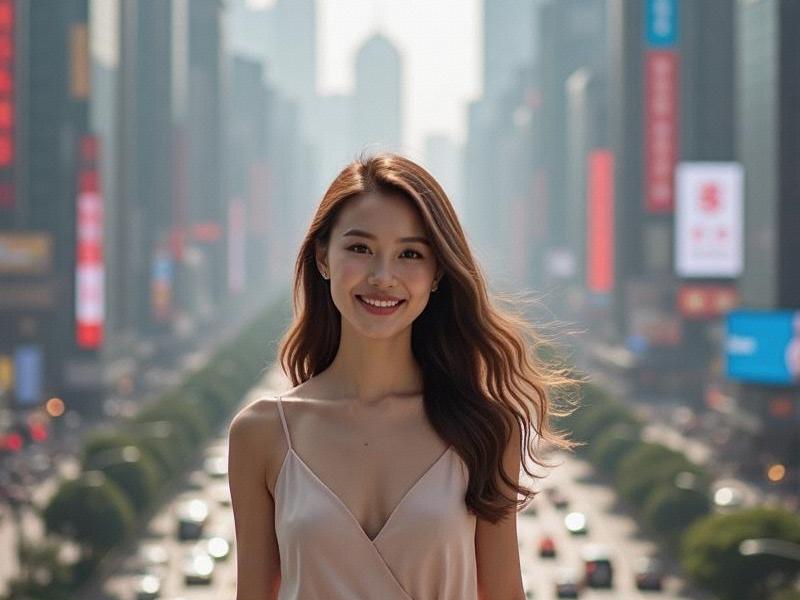
Section 1: Historical Roots of Shanghai Femininity
1. The Golden Era (1920s-1940s):
- "Shanghai Girl" as cultural icon
- Qipao fashion revolution
- Early female entrepreneurs
2. Socialist Transformation (1950s-1970s):
- Gender equality in workforce
- Functional fashion trends
- Women in industrial roles
Section 2: Contemporary Expressions
1. Beauty Industry Trends:
- Skincare innovation hub
夜上海419论坛 - Cosmetic surgery statistics
- Local beauty brands
2. Fashion Leadership:
- Shanghai Fashion Week impact
- Street style photography
- Sustainable fashion movements
Section 3: Professional Landscape
1. Career Women Statistics:
- Female executive ratios
- Entrepreneurial success stories
- Creative industry dominance
上海龙凤419贵族 2. Workplace Challenges:
- Glass ceiling realities
- Maternity leave reforms
- MeToo movement impact
Section 4: Cultural Representations
1. Media Portrayals:
- TV drama archetypes
- Social media influencers
- Advertising campaigns
2. Literary Depictions:
- Eileen Chang's legacy
- Contemporary women writers
上海水磨外卖工作室 - Feminist publications
Section 5: Future Projections
1. Emerging Trends:
- Body positivity movements
- Age-inclusive beauty
- Digital avatars
2. Persistent Tensions:
- Traditional expectations
- Western influence debates
- Rural-urban divides
Conclusion: The Shanghai Paradox
Shanghai continues to produce competing visions of modern femininity - simultaneously upholding traditional values while pioneering progressive change, making it China's most dynamic laboratory for evolving gender norms.
